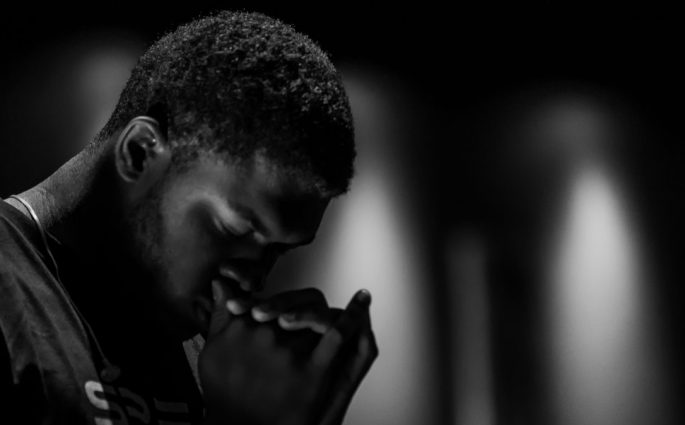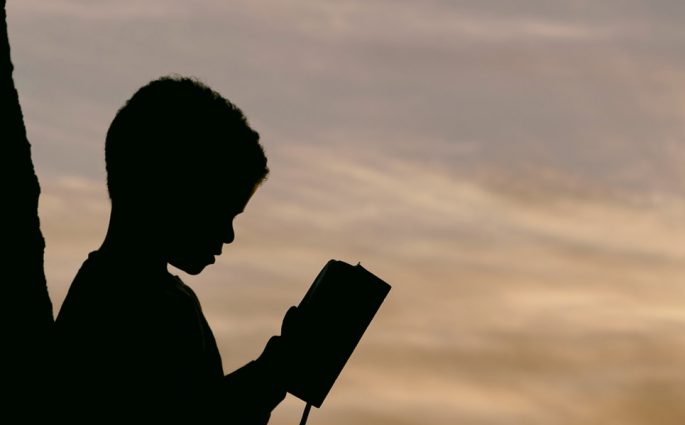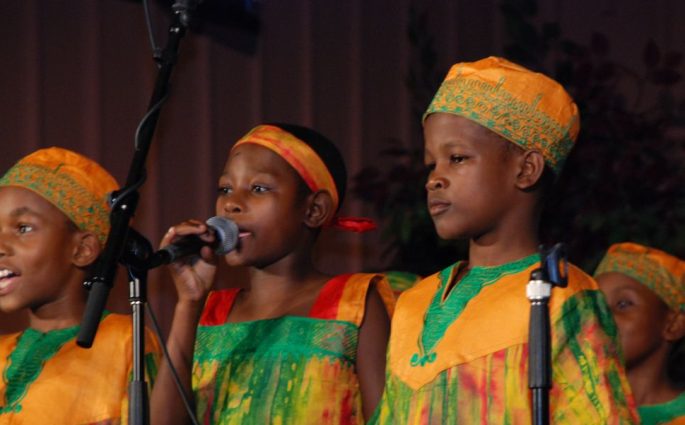There Are No Non-Believers
Agustín Fuentes— We all believe. But we are not all religious. Belief is an evolved capacity that incorporates our neurobiology, our behavior, our cultures, our histories, our individual development and experiences. This enables humans to live in the here and now, in the moment, in the material world, and to










